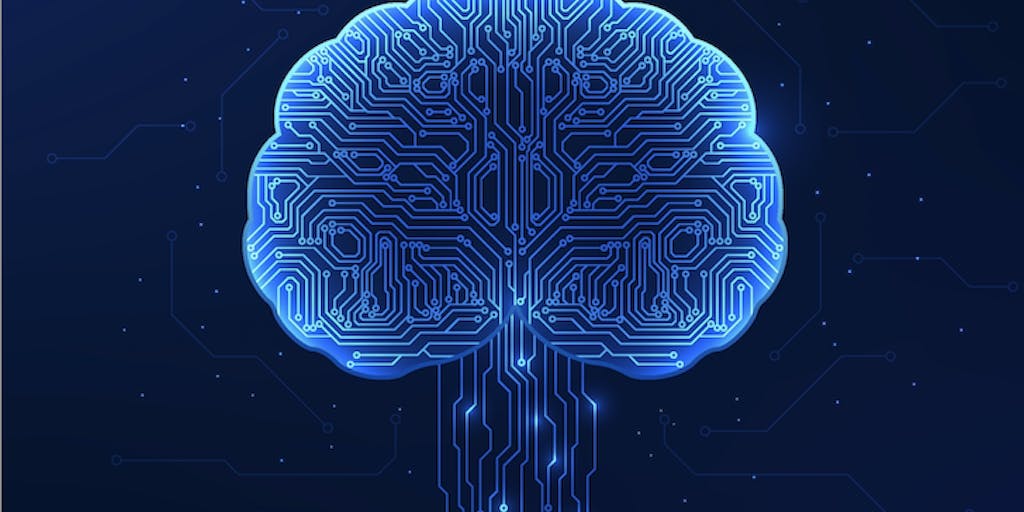
Do new AI tools like ChatGPT actually understand language the same way that humans do?


It turns out that even the inventors of these new large language models are debating that very question — and the answer will have huge implications for education and for all aspects of society if this technology can get to a point where it achieves what is known as Artificial General Intelligence, or AGI.
A new book by one of those AI pioneers digs into the origins of ChatGPT and the intersection of research on how the brain works and building new large language models for AI. It’s called “ChatGPT and the Future of AI,” and the author is Terrence Sejnowski, a professor of biology at the University of California, San Diego, where he co-directs the Institute for Neural Computation and the NSF Temporal Dynamics of Learning Center. He is also the Francis Crick Chair at the Salk Institute for Biological Studies.
Get EdSurge journalism delivered free to your inbox. Sign up for our newsletters.
Sejnowski started out as a physicist working on the origins of black holes, but early in his career he says he realized that it would be decades before new instruments could be built that could adequately measure the kinds of gravitational waves he was studying. So he switched to neuroscience, hoping to “pop the hood” on the human brain to better understand how it works.
“It seemed to me that the brain was just as mysterious as the cosmos,” he tells EdSurge. “And the advantage is you can do experiments in your own lab, and you don’t have to have a satellite.”
“What has really been revealed is that we don’t understand what ‘understanding’ is,”
For decades, Sejnowski has focused on applying findings from brain science to building computer models, working closely at times with the two researchers who just won the Nobel Prize this year for their work on AI, John Hopfield and Geoffrey Hinton.
These days, computing power and algorithms have advanced to the level where neuroscience and AI are helping to inform each other, and even challenge our traditional understanding of what thinking is all about, he says.
“What has really been revealed is that we don’t understand what ‘understanding’ is,” says Sejnowski. “We use the word, and we think we understand what it means, but we don’t know how the brain understands something. We can record from neurons, but that doesn’t really tell you how it functions and what’s really going on when you’re thinking.”
He says that new chatbots have the potential to revolutionize learning if they can deliver on the promise of being personal tutors to students. One drawback of the current approach, he says, is that LLMs focus on only one aspect of how the human brain organizes information, whereas “there are a hundred brain parts that are left out that are important for survival, autonomy for being able to maintain activity and awareness.” And it’s possible that those other parts of what makes us human may need to be simulated as well for something like tutoring to be most effective, he suggests.
The researcher warns that there are likely to be negative unintended consequences to ChatGPT and other technologies, just as social media led to the rise of misinformation and other challenges. He says there will need to be regulation, but that “we won’t really know what to regulate until it really is out there and it’s being used and we see what the impact is, how it’s used.”
But he predicts that soon most of us will no longer use keyboards to interact with computers, instead using voice commands to have dialogues with all kinds of devices in our lives. “You’ll be able to go into your car and talk to the car and say, ‘How are you feeling today?’ [and it might say,] ‘Well, we’re running low on gas.’ Oh, OK, where’s the nearest gas station? Here, let me take you there.”
Listen to our conversation with Sejnowski on this week’s EdSurge Podcast, where he describes research to more fully simulate human brains. He also talks about his previous project in education, a free online course he co-teaches called “Learning How to Learn,” which is one of the most popular courses ever made, with more than 4 million students signed up over the past 10 years.

